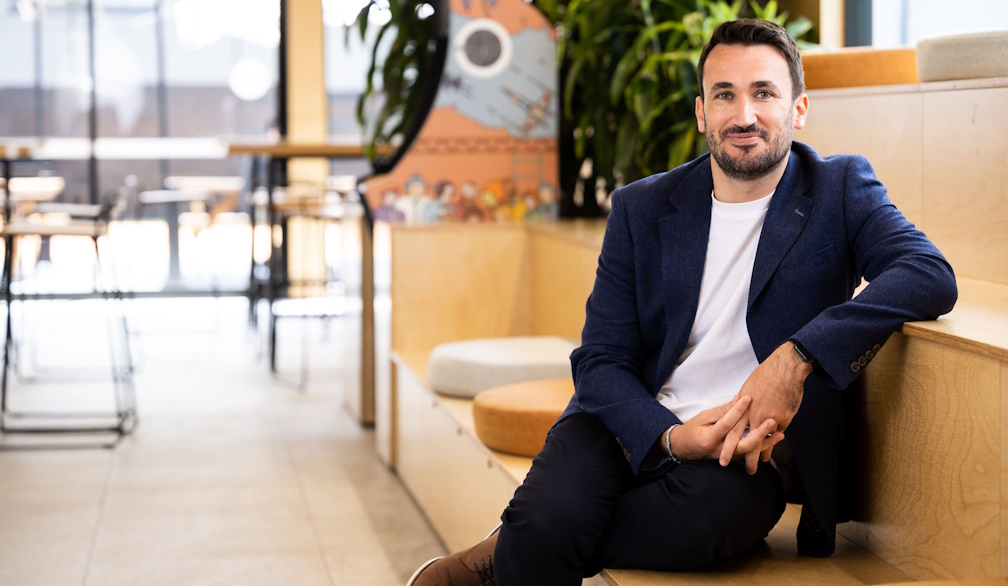Consumption economy cracks - what it means for businesses
- Written by Business Daily Media

Cracks are showing in two-speed consumption economy according to new research by Wunderkind, a leading performance marketing solution that powers personalisation at scale for online brands and retailers.
The research reveals the past year has forced half of Aussies (52%) to swap to more affordable alternatives, while the other half (48%) either haven’t altered their spending habits or have started purchasing high-end, non-essential items more often.
The rising cost of living (78%), increasing inflation rates (48%) and interest rates (38%) are the top cited reasons influencing consumer shopping in the past year. To date, dining out, clothing and entertainment have taken the biggest hits in discretionary spend.
However, two thirds (66%) of Australians admit to having made sacrifices in order to afford non-essential purchases in the past month. A similar proportion (63%) confessed to having felt guilty indulging in luxury purchases due to the cost.
Jamie Hoey, Australian Country Manager at Wunderkind said: “Households are being squeezed in every direction by rising cost of living, inflation and interest rates. Half of Aussies have already felt the need to switch to more affordable alternatives, while others are now feeling the pressure - and sometimes guilt - of trying to maintain their lifestyle.
“On the surface, current consumer spending seemingly reflects a two-speed consumption economy. But that’s not accounting for the sacrifices, pressure and guilt an overwhelming proportion of Aussies are feeling as they try to maintain their lifestyles under current conditions. The cracks suggest the emergence of a third-speed, one defined more by sentiment than expenditure.”
Although consumers continue to spend on luxury items, Aussies are conscious of purchasing quality products.
The research found two in five (41%) would be more likely to purchase an expensive product over a cheaper alternative if the product was made out of better quality materials. This was followed by knowing and trusting the brand (38%) and promotions (34%).
“There’s no doubt price considerations are increasingly factoring into consumers' spending habits. However, quality products and brand trust remain crucial in the decision making process. To drive trust – and ultimately loyalty – brands need to prioritise the customer experience and lean into personalisation. To increase market share in tough economic times, it's essential to understand the behaviour and intent of your audience and meet them where they are with highly relevant, targeted comms,” concludes Hoey.
For more information, please visit www.wunderkind.co







